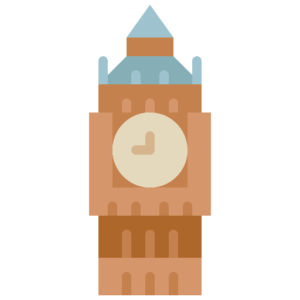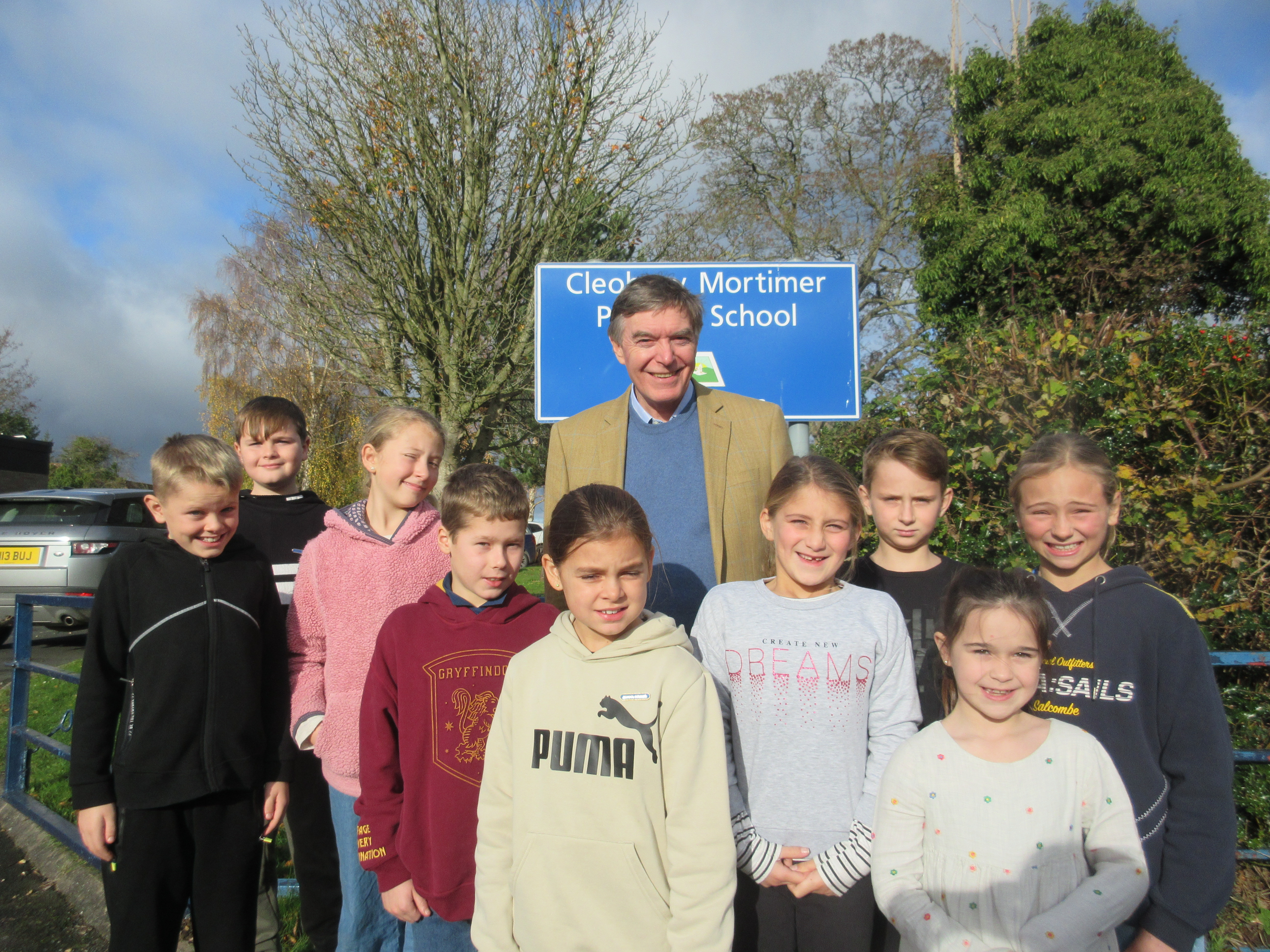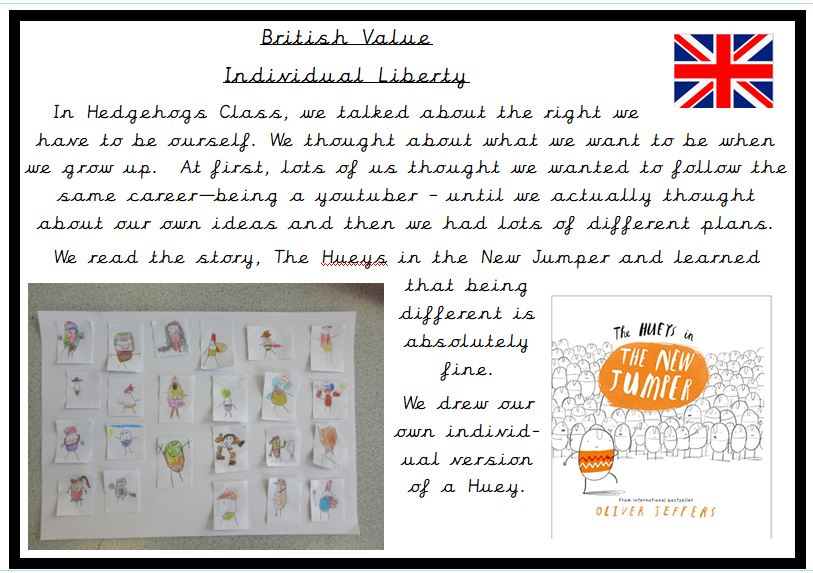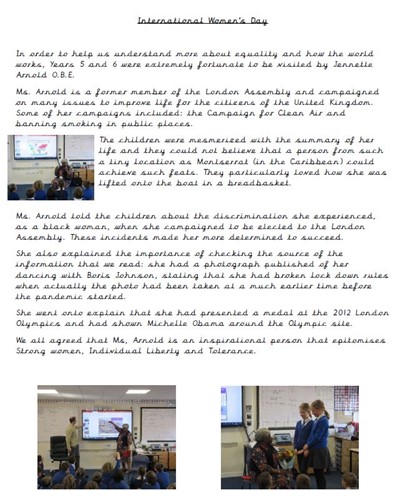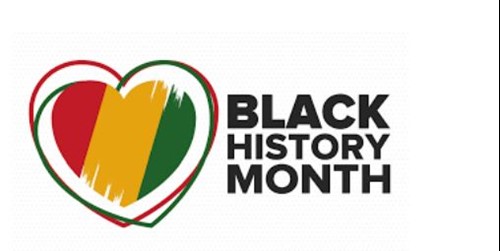Promoting Fundamental British Values
In accordance with The Department for Education, we aim to actively promote British values in schools to ensure young people leave school prepared for life in modern Britain. Pupils are encouraged to regard people of all faiths, races and cultures with respect and tolerance and understand that while different people may hold different views about what is ‘right’ and ‘wrong’, all people living in England are subject to its law.
These values are taught explicitly through Personal, Social, Health and Emotional (PSHE), SMSC (Spiritual, Moral, Social and Cultural) and Religious Education (RE). We also teach British Values within our broad and balanced curriculum, ensuring that our curriculum planning and delivery include real opportunities for exploring these values.
The Key Values are:
- democracy
- rule of law
- individual liberty
- mutual respect
- tolerance of those of different faiths and beliefs
Intentions:
- To enable pupils to develop their self-knowledge, self-esteem and self-confidence;
- To enable pupils to distinguish right from wrong and to respect the civil and criminal law of Britain;
- To encourage pupils to accept responsibility for their behaviour, show initiative, and to understand how they can contribute positively to the lives of those living and working in the locality of the school and to society more widely;
- To enable pupils to acquire a broad general knowledge of and respect for public institutions and services in Britain;
- To further tolerance and harmony between different cultural traditions by enabling pupils to acquire an appreciation of and respect for their own and other cultures;
- To encourage respect for other people;
- To encourage respect for democracy and support for participation in the democratic processes, including respect for the basis on which the law is made and applied in Britain.
Here is a flavour of how the School develops and promotes these fundamental values:


